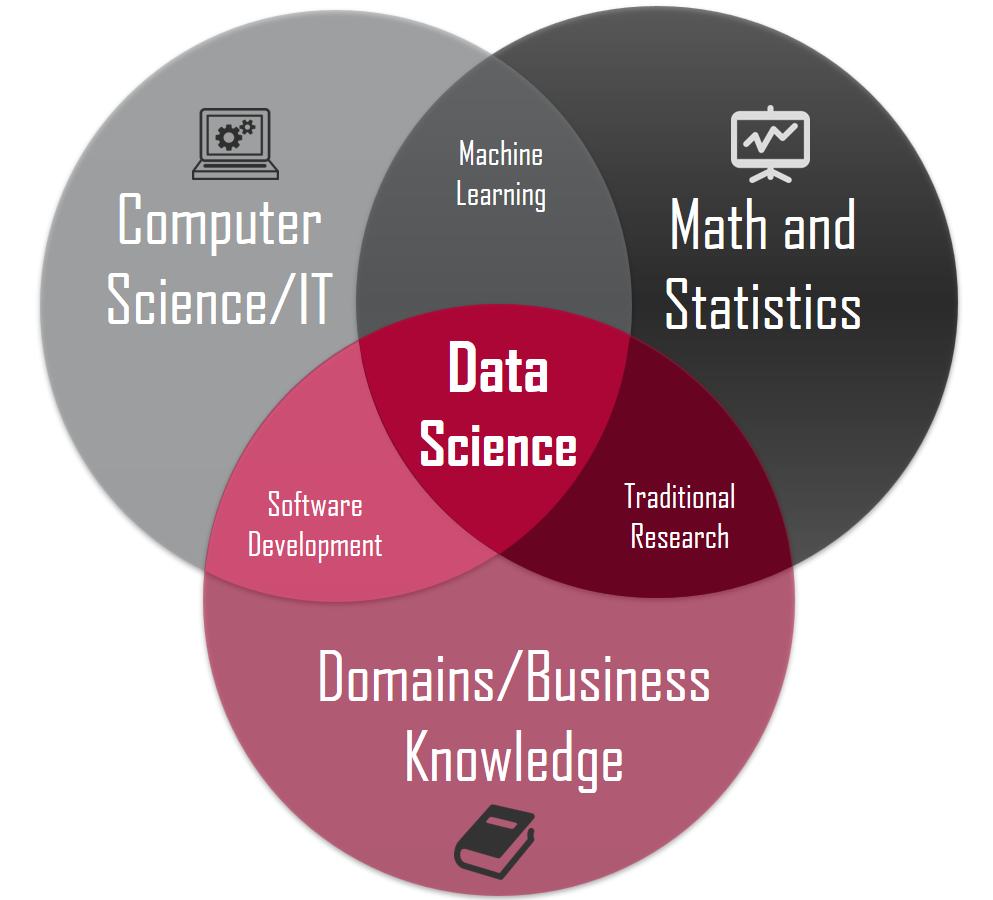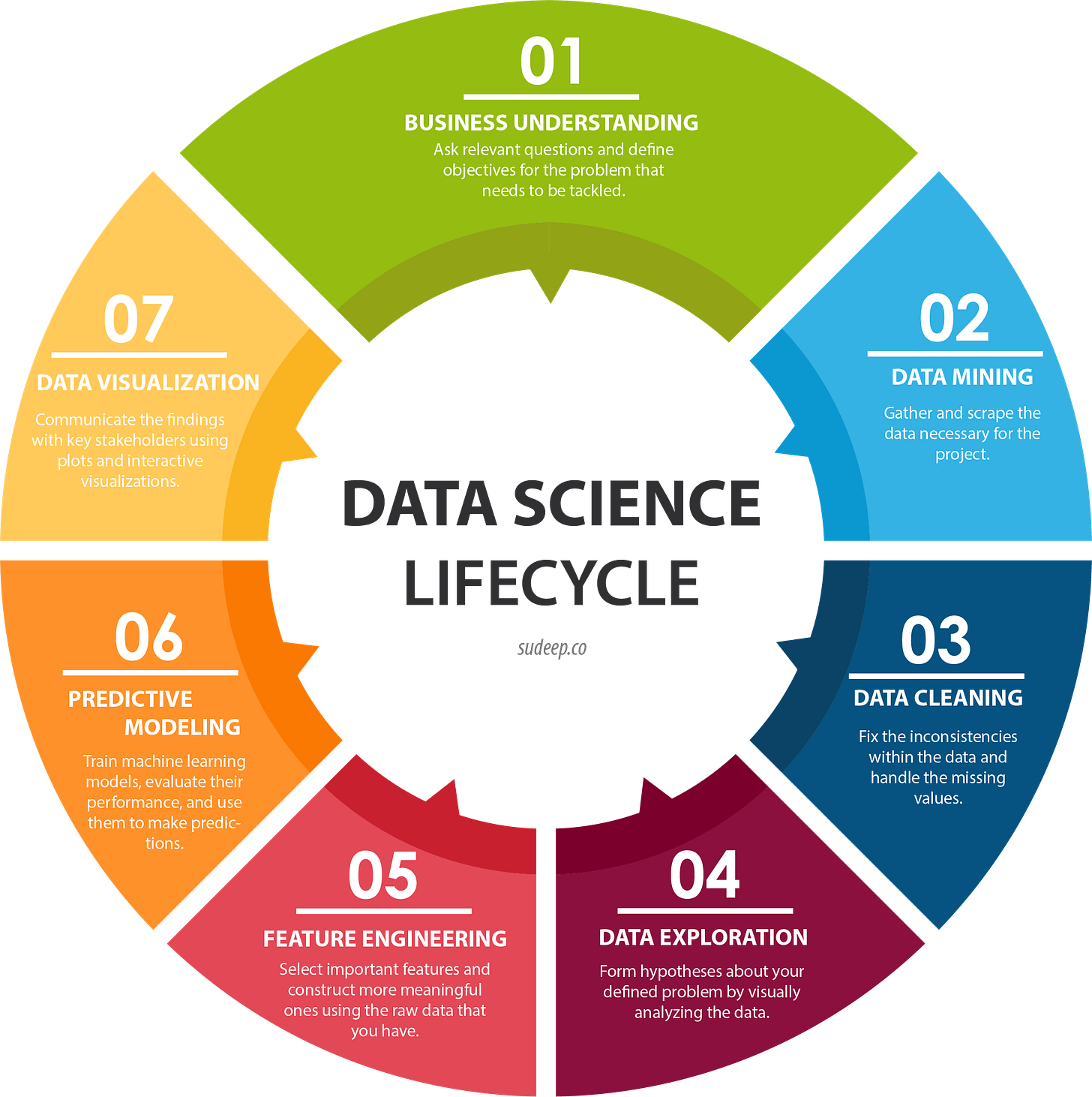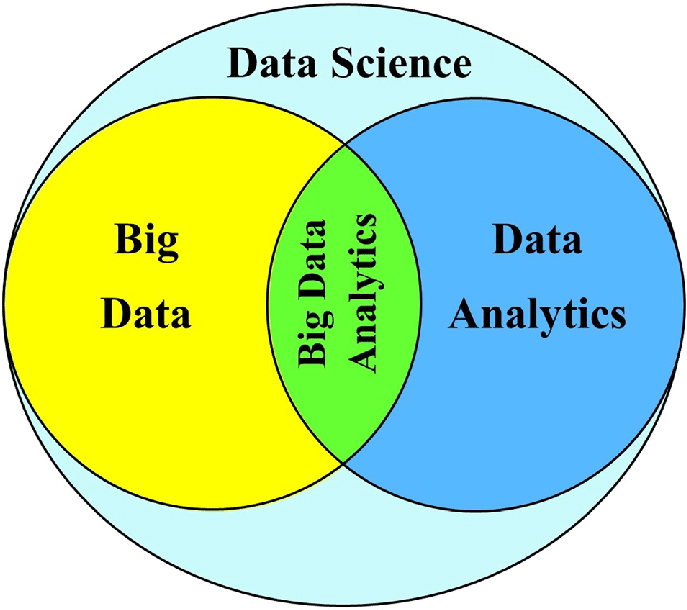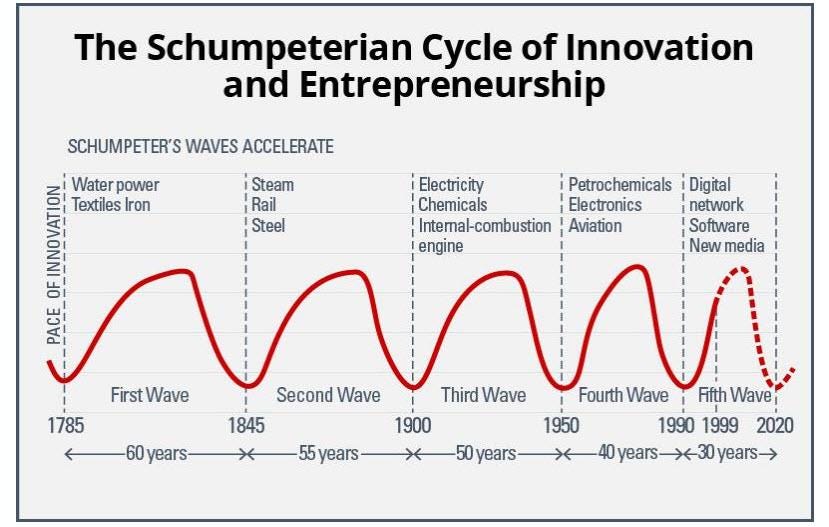When we look at the biggest innovations in our species history they have been largely been based off our understanding of physics: classical mechanics, thermodynamics, and electricity & magnetism have brought us the steam engine to our advanced computers and rockets.
As we enter the 21st century we are seeing a significant body of quantum mechanics, chemistry, biology, and interdisciplinary research having wide impacts on society.
In my Homo Techno #6 post I talked about how the 4th/5th industrial revolutions are currently taking effect. The characteristic that sets apart these industrial revolutions is the significant increase in communication, accessibility, and collaboration through digital tools.
This productivity boost benefits all areas of research & development. Nowadays, new discoveries/technologies seem to appear every week! A lot of these technologies are also highly synergistic.
Deep Tech (or Hard Tech)
Definition: a classification of organization, or more typically a startup company, with the expressed objective of providing technological solutions based on substantial scientific or engineering challenges.
Key Characteristics
Requiring lengthy R&D & large capital investment prior to commercialization.
Technical risk, while market risk is significantly lower due to clear potential value of solution to society.
Underlying problem being solved generate valuable IP.
Origins & History
The term has already been used for decades by major defense & telecommunications R&D divisions: Raytheon, Lockheed Martin, Bell Labs.
Increasingly used by companies in the venture capital ecosystem.
Investment activities are concentrated in the United States and China that totaled for about 81% of global private investments in deep tech from 2015 through 2018 with approximately $32.8 billion and $14.6 billion invested in each country, respectively.
European countries are also active in deep tech investing. According to the Financial Times, in 2017 the total funding towards deep tech companies reached around €3 billion across 600 deals.
Common Fields of Application
Agriculture
Life sciences
Chemistry
Aerospace
Sustainable energy
Computing & cloud infrastructure
“The rapid hard-tech emergence” (June 12, 2021)
“Affordable robotics, AI-driven sensor fusion, uninterrupted connectivity and supermaterials are merging into the technology stack to unlock massive new tranches of value for customers.“
“The last three decades have been defined by “software eating the world,” and it’s been feasting on the lowest hanging fruit. But our screen-based, server-based digital world is increasingly limited to marginal gains in niche markets. As our friends at Ubiquity Ventures say, it’s time for “software beyond the screen.”
Learn from Tesla: Take big shots at big industries
New doors open for B2B sales
Tooling hard-tech companies is easier and cheaper
Ph.D.s are the future icons
Data Science
This is my personal path of career specialization so I will be expanding upon data science topics more in the future! Data science covers a lot of different topics and the exact job specification can vary widely from company to company, but it is essentially being able to, often visually, communicate business decisions based off statistical and economic analysis.
Deep Learning
Robotics
3D Printing
“Illustrations of the seven types of 3D printing technologies.“
Photonics/Electronics
Edge Computing
Quantum Computing
Quantum Cybersecurity
Advanced Materials Science
Augmented Reality/Virtual Reality
And More…
I will be covering additional Deep Tech topics in upcoming posts.
AI tools
How do neural nets work?
Advanced generative AI
Superintelligence
Biotech
Biosecurity
Biopolymers & biomanufacturing
Biocomputing
Legacy industry
Techno-agriculture
Freshwater scarcity & permaculture
Black-water management & hydrothermal carbonization
Technological Convergence
There are countless more examples of technological convergence. Frankly it is impossible to keep up with all the newest developments!
You could think of each individual technology as a node and the connections between them to be convergent technologies. As the quantity of technologies increases the connections increase exponentially, meaning that mathematically the rate of innovation will accelerate in a feedback loop.
Deflationary Economics
Further Readings
“Visualizing The Simple Reason Why America Will Drown In Deflation“




























